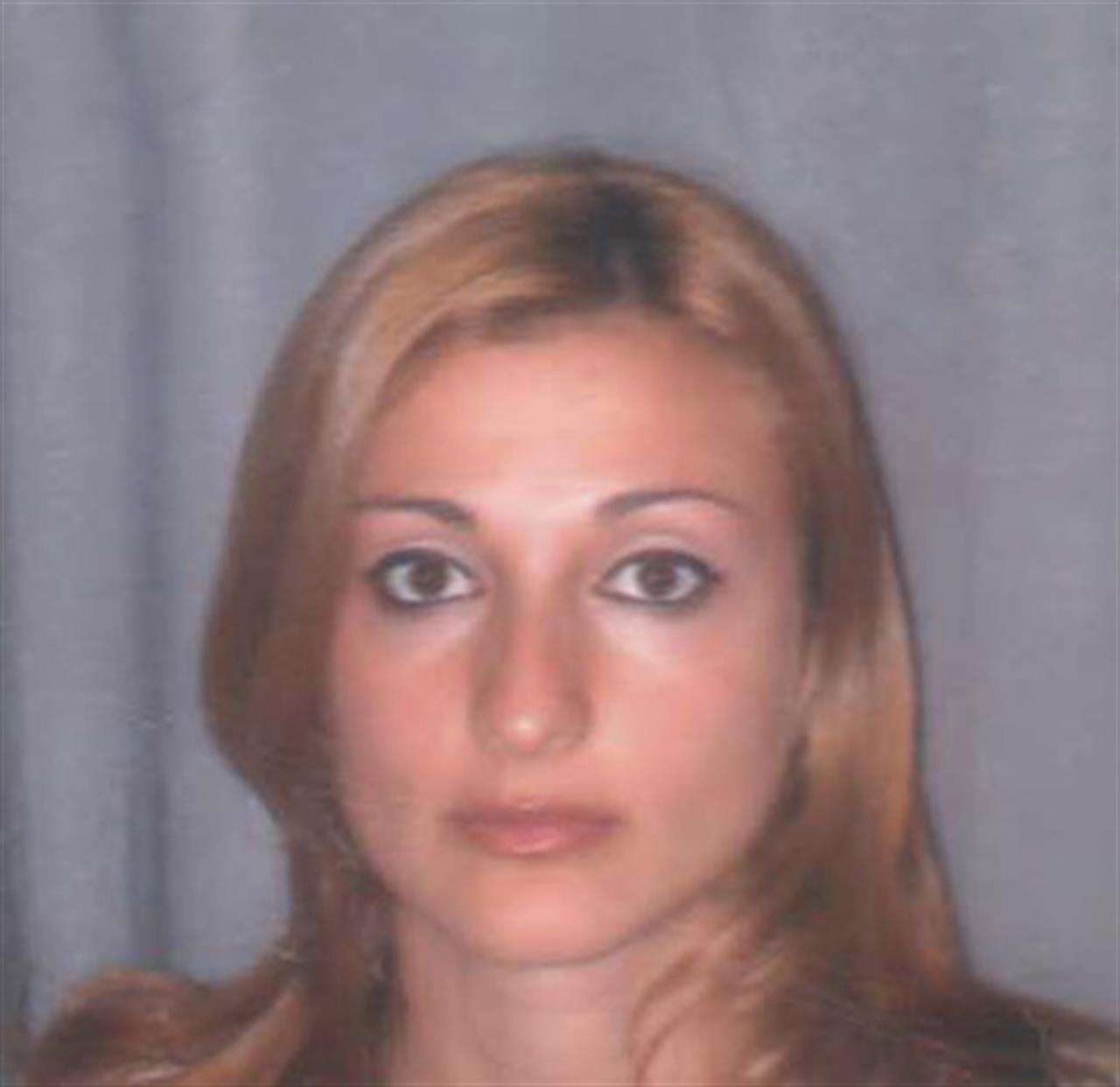Without proper government support victims of human trafficking are often sent back home and can end up being retrafficked says Marija Andjelovic, 35, the President and one of the founders of ASTRA anti trafficking action.
Human trafficking is a global phenomenon that impacts all countries, however, due to geographic location, political instability and poor economic conditions Serbia is particularly affected by the issue.
ASTRA is dedicated to the eradication of trafficking in human beings, especially in women and children. Started as an anti-trafficking project under the Association for Women Initiative in 2002 it formally registered as an independent NGO.
Andjelovic spoke with Vita Europe about the issue of human trafficking and about the challenges that civil society in the country face including a lack of government support for projects like the reintegration of trafficking victims.
How many people are affected by human trafficking in Serbia?
The ASTRA SOS hotline was founded in March 2002, since than we have identified 322 victims of trafficking in Serbia. However, the number of undiscovered or unidentified cases is much higher than what is recorded in databases. Under the influence of political, socio-economic and other factors, trafficking trends in Serbia, like in other countries, are changing. When we first began our work, the majority of victim were foreign nationals (mostly from Moldova, Ukraine and Romania) and victims were trafficked internationally. Today, more than 80 per cent of victims are Serbian and trafficking takes place within the border of Serbia where victims are sold from one town to another.
Why is human trafficking such a big problem in Serbia?
During the 1980s Socialist Federal Republic of Yugoslavia (SFRY) was an attractive destination for women from Eastern European countries. This was due to its comparatively better economy and its openness with the West. In this period, Serbia was a country of destination for trafficked persons. However, in the early 1990s the situation significantly changed. The disintegration of the country, the collapse of the economy, armed conflicts, the presence of foreign military troops increased the number of trafficking victims. Furthermore, Serbia became a transit country for trafficking. Due to its location, Serbia is convenient as a transit point for trafficking people from Bulgaria, Moldova, Russia and Ukraine to Central and North Europe or to Greece and to other Eastern countries.
Briefly, what are the issues around human trafficking?
Human trafficking is considered to be one of the three most profitable criminal activities, alongside drug trafficking and illegal arms trafficking. It is often referred to as a highly profitable and low-risk activity. It is estimated that traffickers’ profits range from a couple of billion to as much as 60 and even 500 billion dollars a year and almost no initial capital is required. Meanwhile, statistically, only a small number of traffickers end up in court and are sentenced to long prison terms.
What does your association do to fight human trafficking?
ASTRA was among the first to raise this issue. We are dedicated to the eradication of all forms of trafficking in human beings, especially in women and children. ASTRA is one of the key players in victim assistance both in Serbia and in the region. A central part of our victim assistance program is the SOS hotline for the victims of human trafficking and their families. We provide legal, psychological and counseling support. In 2007 we opened the ASTRA Daily Center for the reintegration of victims of trafficking, which offers a wide range of programs.
Does your association work with the government?
Unfortunately, our relationship with governmental institutions often depends on the political climate. Under the government of former Prime Minister Zoran Djindjic, government institutions were open and ready for cooperation but after his assassination the situation changed and we were once again faced with closed doors. It is not unusual for the government institutions to expect information from NGOs without any kind of cooperation in return. The work of institutions in many fields slowed down by ongoing reforms. There is no system in place for working with the government, everything depends on personal contacts and personal engagement.
What are the biggest challenges your association faces?
The reintegration of victims is a burning issue.The Republic of Serbia does not allocate any budgetary funds for projects assisting victims of trafficking, so all services are provided by NGOs. Moreover, the work of NGOs is based on projects and not on systemic services and they often depend on foreign donations. Reintegration services are often limited both in time (the victim can stay in a reintegration shelter for up to one year) and in terms of services provided (victims are often offered computer courses, language courses and the like). Many victims are sent home – back to a situation of domestic violence or unemployment. Sending them back home increases their risk of retrafficking. A serious approach to systemic reintegration would need the involvement of state institutions. Namely the involvement of social welfare centres and the National Employment Service. Such a support network would be the best prevention and it would empower and help victim gain independence and rebuild their life.
Nessuno ti regala niente, noi sì
Hai letto questo articolo liberamente, senza essere bloccato dopo le prime righe. Ti è piaciuto? L’hai trovato interessante e utile? Gli articoli online di VITA sono in larga parte accessibili gratuitamente. Ci teniamo sia così per sempre, perché l’informazione è un diritto di tutti. E possiamo farlo grazie al supporto di chi si abbona.

